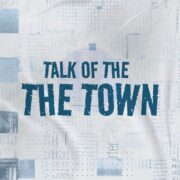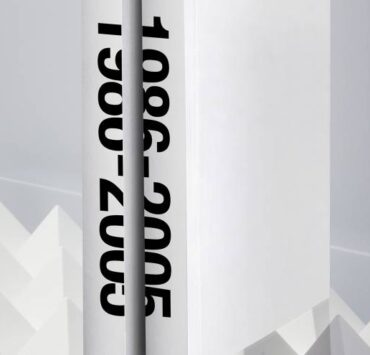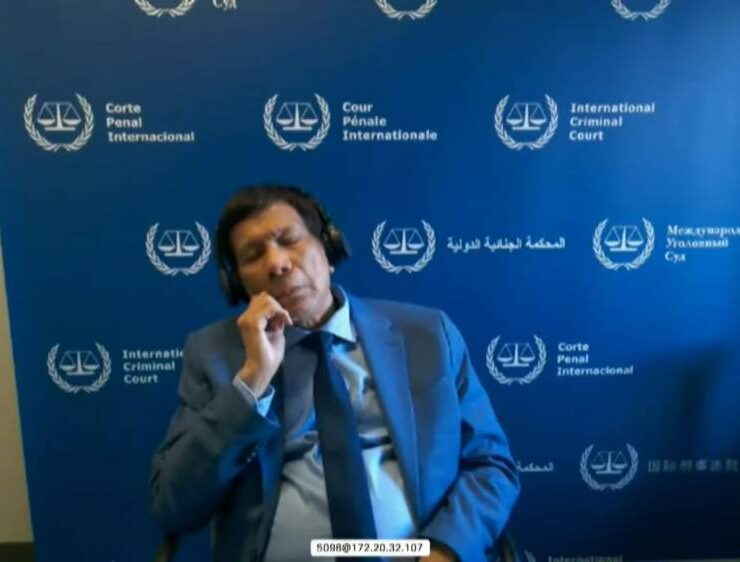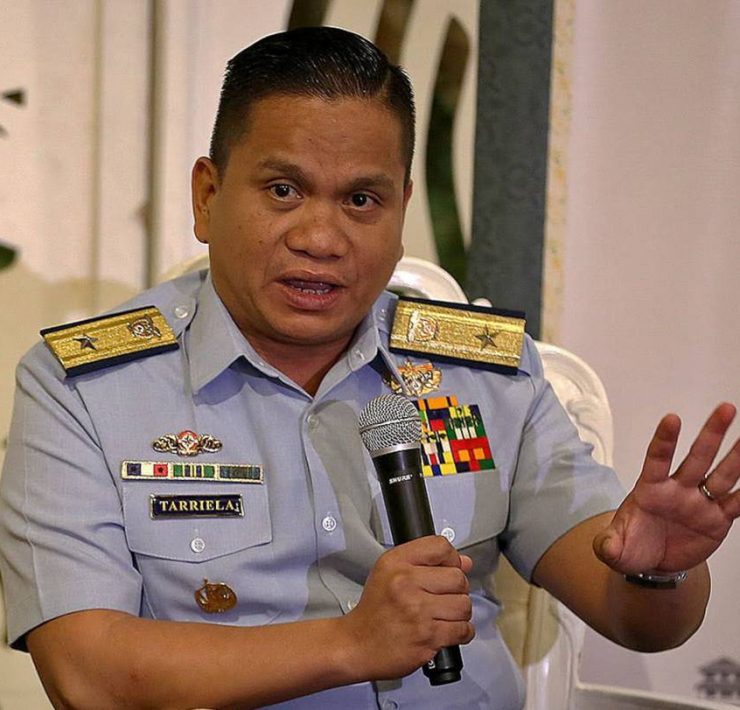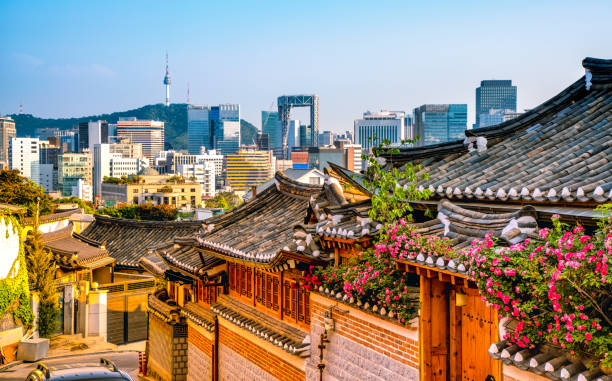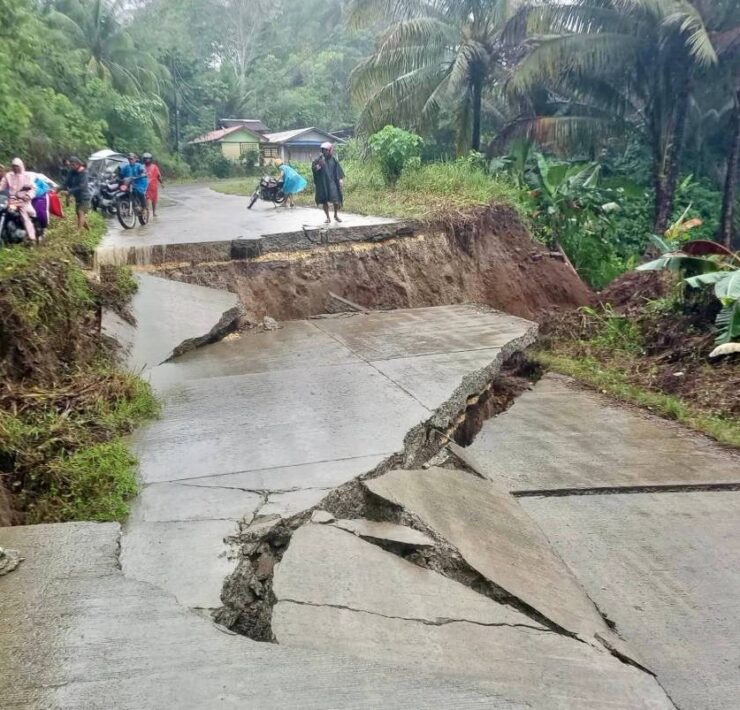BBM’s battle for political survival
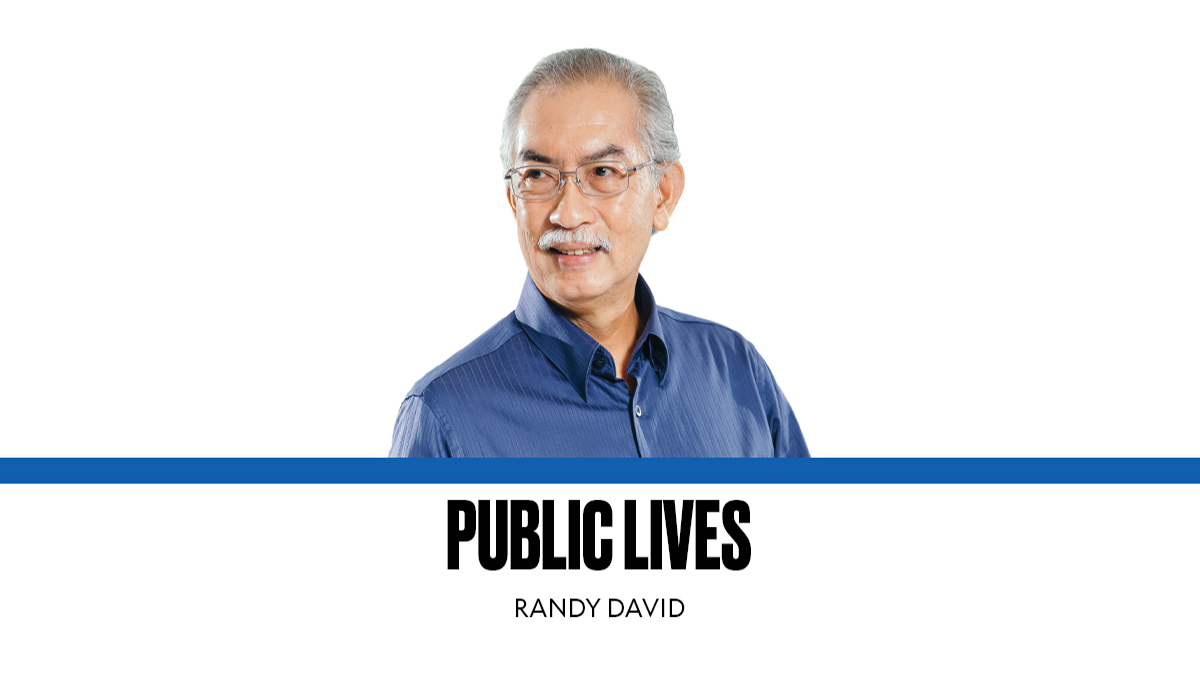
A movement calling itself the United People’s Initiative is mobilizing for a three-day mass action beginning today, Sunday, Nov. 16. Billed as a “Rally para sa pananagutan, katarungan, at katapatan,” the gatherings at the Edsa People Power Monument and Luneta are, by the organizers’ announcement, to be spearheaded by the Iglesia ni Cristo (INC), Jesus is Lord (JIL), and the Kingdom of Jesus Christ (KOJC).
Designed as a show of force, the rally seeks the presence of retired soldiers and police, students, professionals, workers, and members of various faith communities. Though couched in moral language, its aims are unmistakably political. The entire flood-control scandal—and its devastating consequences—will be laid at President Bongbong Marcos (BBM) Jr.’s door: if not for direct complicity, then on the principle of command responsibility. It is expected to culminate in calls for the resignation, impeachment, withdrawal of support from, or ouster of Mr. Marcos.
This is a challenge BBM cannot dismiss. For most of the last three years, he has appeared complacent, almost passive. He has introduced no major policy initiatives, nor shown any sustained effort to redeem the tarnished Marcos name through hard work. His recent attempts to correct this image—his heightened visibility in disaster sites and unusually candid press briefings—only highlight his earlier absence during the first half of his presidency.
Perhaps he has finally understood that winning the presidency is far easier than governing. A passage he quoted in his 2024 State of the Nation Address (Sona) suggests as much. He meant it for the ordinary citizen, but it more accurately reads as an admonition to himself.
The quote is from John Stuart Mill, the 19th-century English philosopher and politician: “Let not anyone pacify his conscience by the delusion that he can do no harm if he takes no part and forms no opinion. Bad men need nothing more to compass their ends, than that good men should look on and do nothing. He is not a good man who, without a protest, allows wrong to be committed in his name.”
A year later, he finally raised his voice in protest—this time against what he believed was the unconscionable abuse of congressional insertions in the 2025 national budget. “Have some shame!” he grimly told the joint session of Congress.
Referring to the lives and properties needlessly lost in the recent typhoons, he recounted visiting areas supposedly protected by costly flood-control works: structures that were obviously substandard, unfinished, or existing only on paper. “Let’s stop the pretense,” he said. “Everyone knows these are racket-ridden projects—kickbacks, initiatives, errata, “SOP,” for the boys. To all those who conspired to pocket public funds and steal the future of our people, I say: Show some shame, especially to our children who will inherit the debts incurred from the money that you just pocketed!”
It was a stinging rebuke. The curious part was how the assembled legislators reacted: they rose to their feet and gave him the loudest, most sustained applause of his hour-long speech. Their ovation was a declaration that they did not feel alluded to—even as the indictment hung in the air long after the accuser had left the podium.
Perhaps they thought Mr. Marcos was merely indulging in rhetoric, and that whatever he intended would not go beyond securing leverage for his 2026 budget. But though BBM may not have grasped the full scale of the rot in his public works program, a close reading of his 2025 Sona shows that he had given the problem considerable thought. Two weeks later, he named the 15 top contractors who had cornered at least 20 percent of all public works nationwide. He announced the website “Isumbong sa Pangulo” to which he invited citizens to post their own observations on public works projects in their communities. As improbable as it sounds, he has cast himself in the role of whistleblower.
Why this is so, is more complicated. I would not attribute it to an overnight moral awakening. More plausibly, it is what a politician with his image—weak, risk-averse, often uncertain—might do to salvage what remains of his presidency: do the right thing, prove both allies and enemies wrong, rally public support, and risk everything at the altar of good intentions.
What is striking is that many who fought the Marcos dictatorship with fierce resolve—people who once swore to resist every Marcos who came to power—are not joining those who want Marcos Jr. removed. There is, instead, a measure of thoughtfulness that may yet matter for the nation’s future.
Could the son of a kleptocratic regime be the harbinger of genuine reform? The answer, as always in a democracy, is up to us.
—————-
public.lives@gmail.com













